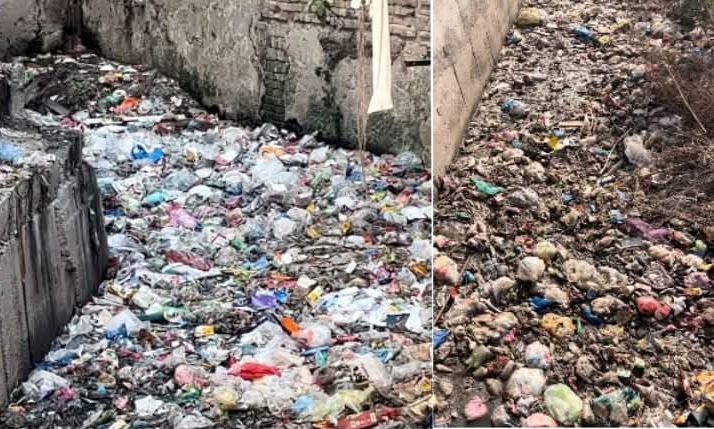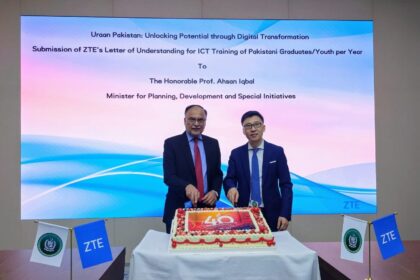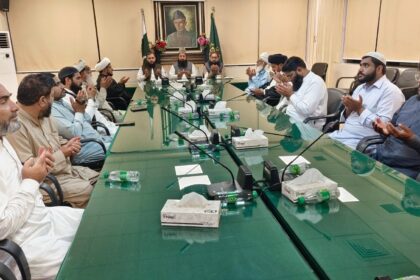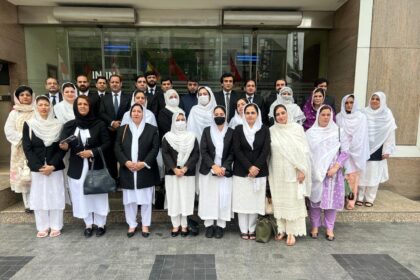Sewage drains across several Rawalpindi neighbourhoods have turned into open garbage dumping sites, alarming residents and local activists. Areas affected include Sharjah Ground Dhoke Khaba, Islamabad National Town, Cha Sultan, Mohallah Mehmood Ali Shah and Dhoke Hakimdad on Rawal Road, where blocked channels and waste accumulation are now a daily problem.
Zaheer Ahmed Awan, chairman of the Citizen Action Committee, says that despite millions of rupees allocated each year for inner city drain cleaning, the promised work exists only on paper. He criticised the ongoing blame game between the Water and Sanitation Agency WASA and the Rawalpindi Waste Management Company RWMC, saying the confusion has left citizens without basic sanitation services.
The growing piles of rubbish in the city drains are creating a severe health hazard. Residents report foul odours and expect an uptick in mosquito breeding, increasing the risk of dengue and other waterborne diseases. Local traders and householders have expressed deep concern about both public health and quality of life as stagnant waste blocks normal drainage.
Complaints filed with the Chief Minister Complaint Cell and the Prime Minister Citizen Portal have so far produced no visible response, according to activists. The Citizen Action Committee has warned that if immediate cleaning of the drains does not begin, it will organise a protest movement and pursue a writ petition in the High Court to compel action.
The committee has called on the Chief Minister Punjab, the Chief Secretary Punjab, the Secretary Local Government and the Commissioner Rawalpindi to take urgent notice and launch an emergency citywide drain cleaning operation. Local leaders present at the meeting included Haji Naseer Bhatti of Councillor Ittehad, social worker Waheed Rajab Khan and trader leader Nasir Iqbal Awan, all of whom voiced strong concern over the deteriorating sanitary conditions.
Civic activists emphasise that resolving the drain crisis requires clear assignment of responsibility between WASA and RWMC, timely release and use of funds, and swift on-the-ground action to remove waste and restore proper drainage before the public health situation worsens.











